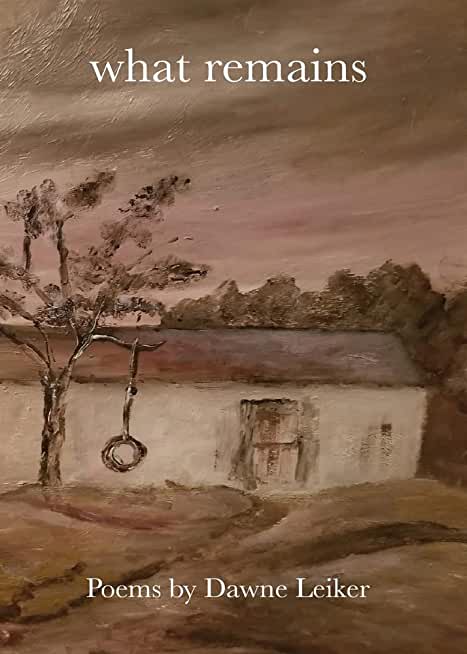
This fresh release of an epochal novel from the late 1990s unlocks the dystopic world of the United States circa 2026, when Roe v. Wade has been overturned and abortion finally banned in all 50 states. Following in the steps of her dead sister and mother, narrator Phoebe Masters works in the computer industry by day and at night performs illegal "misconceptions" in her basement, restoring to desperate women some measure of control over their own bodies. Outside, technology has progressed but social change has moved backward. Married women tend to stay home. Amniocentesis is illegal. The worst punishment for rape is a paternity suit. Homosexuality is back in the closet.
Yet despite her profession, despite the connection she sees between her job stamping out malware and her illicit vocation terminating pregnancies, Phoebe holds few political beliefs-until a love affair forces her to choose between closing herself off and revealing her secret. Betrayed, arrested, and jailed, she begins to confront the multiple contradictions of her world. Eventually she must choose- between revenge and forgiveness, family and self, guilt and accountability, love and action.
While The Misconceiver initially presents its characters' repression matter-of-factly, the accretion of detail concerning their emotional and physical pain makes this far more than a merely political novel. Phoebe is fiercely loyal to the memory of her sister but anxious for her own freedom. Haunted by memory and hunted by the law, she begins to find her true self even as she sheds her old identity. Set in a future that is not far-fetched but well within the range of our imagination, The Misconceiver not only addresses a vivid issue of our time but also brings to life characters and relationships that could well be ours, just over the horizon of time.
member goods
notems store

Substance Abuse--Relapse Prevention: A Self-Discovery ...
by Lima, Rui M.
Paperback /Paperback$11.33






